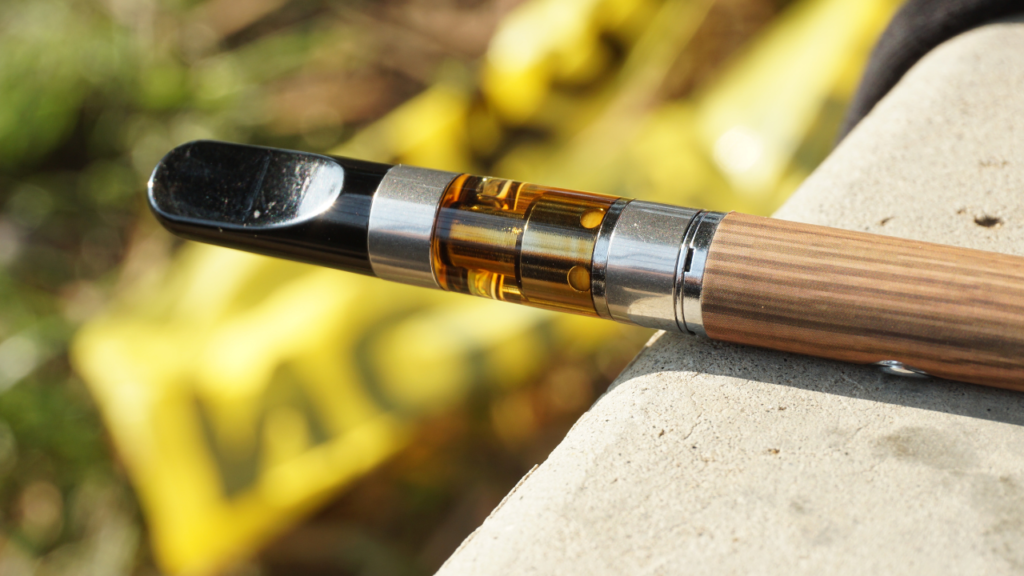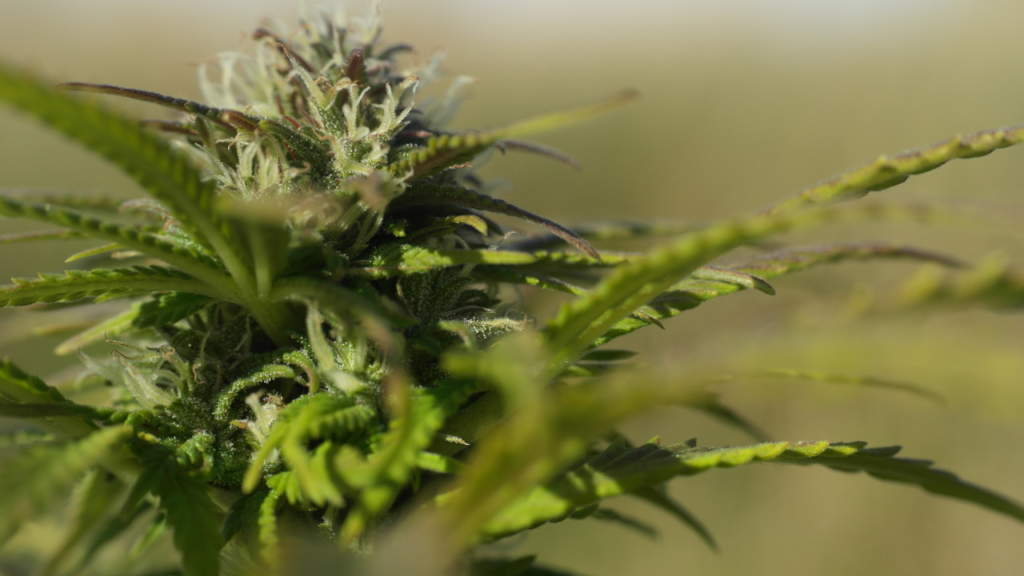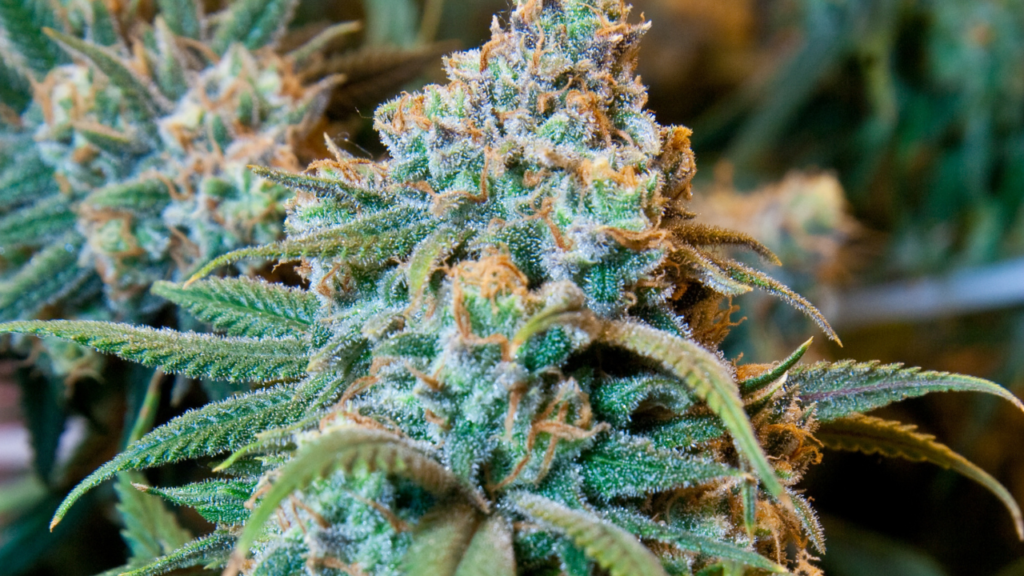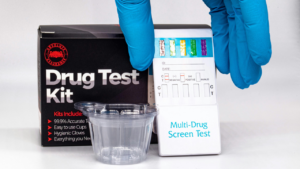The rise of edible cannabis products, including THC and CBD gummies, has introduced a new wave of questions and concerns about their use, effects, and the duration they linger in the body. Edibles, offering an alternative to smoking or vaping cannabis, have become popular for both medicinal and recreational purposes. However, understanding how long these substances stay in your system and the risks involved is crucial for informed and safe use. Those who continually use these products may be suffering from an addiction to cannabis products.
The Basics of Edibles
Edibles are food products infused with cannabis extracts—either tetrahydrocannabinol (THC), cannabidiol (CBD), or both. THC is the psychoactive component of cannabis that produces the “high” sensation, while CBD is non-psychoactive and is often associated with therapeutic benefits without the intoxicating effects.

Duration in the System
The effects of edibles can take anywhere from 30 minutes to 2 hours to manifest, a significantly longer onset time compared to smoking or vaping. This delay often leads to the misconception that the dose was insufficient, prompting some to consume more and inadvertently ingest a higher dose than intended.
Once ingested, the active components of edibles are metabolized by the liver, converting THC into 11-hydroxy-THC, a potent psychoactive compound, making the effects of edibles often more intense and longer-lasting than those of inhaled cannabis. Here’s a breakdown of how long edibles can stay in your system:
- THC from Edibles: THC can linger in your blood for 3-4 hours after consumption. In urine, THC can be detectable for up to 30 days, depending on usage patterns and individual metabolism. Hair follicle tests can detect THC for up to 90 days.
- CBD from Edibles: CBD, generally being less scrutinized than THC, can also stay in your system for similar durations. However, since CBD does not produce psychoactive effects, testing for CBD is less common in drug screenings.
Factors Influencing Duration
Several factors can affect how long edibles stay in your system, including:
- Metabolism: Faster metabolisms process substances more quickly, potentially shortening the duration THC or CBD remains detectable.
- Frequency of Use: Regular users may find that THC or CBD accumulates in their system, leading to longer detection times.
- Dosage and Potency: Higher doses and more potent edibles will likely result in longer detection periods.
- Body Mass: THC is lipophilic, meaning it binds to fats in the body. Individuals with higher body fat percentages may retain THC for longer periods.

Risks Involved with Edibles
- Overconsumption: The delayed onset of effects with edibles can easily lead to overconsumption, resulting in uncomfortable or even harmful experiences.
- Impaired Judgment and Motor Skills: Similar to other forms of cannabis, edibles can impair your ability to drive or perform tasks that require full attention and coordination.
- Legal and Employment Risks: Despite legalization in some areas, cannabis use, including edibles, can still have legal and employment repercussions, particularly in jurisdictions or job sectors that maintain strict drug-free policies.
- Health Risks: For those with underlying health conditions, especially heart-related, the increased potency of edibles poses significant risks.
Understanding the Effects
Understanding the dynamics of how long THC and CBD from edibles stay in your system is essential for responsible use. Edibles, while offering therapeutic benefits and a smoke-free option, come with their set of risks and considerations. Users should start with low doses, be patient for the effects, and be mindful of the potential long-term presence of these compounds in their system. For those considering edibles for therapeutic purposes, consulting with a healthcare provider to understand the potential benefits and risks is always recommended.
Take the First Step Towards a Healthier Tomorrow
If you or someone you care about is navigating the challenges of substance use, know that help is within reach. The Bluffs Addiction Campuses in Ohio provides a compassionate, supportive environment where individuals can embark on a journey toward healing and renewal. Our expert team offers personalized treatment plans designed to address the unique needs of each person, helping them to recover and thrive beyond substance use.
Don’t let another day go by wondering if things can get better. They can, and they will, with the right support. Contact us today to learn more about our programs and how we can help you or your loved one start the path to recovery. Call us at (850) 374-5331. Your journey to a brighter future begins here.








